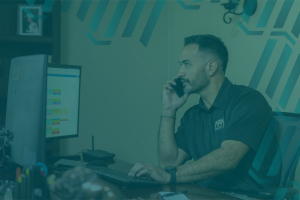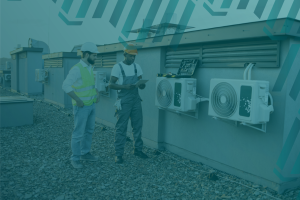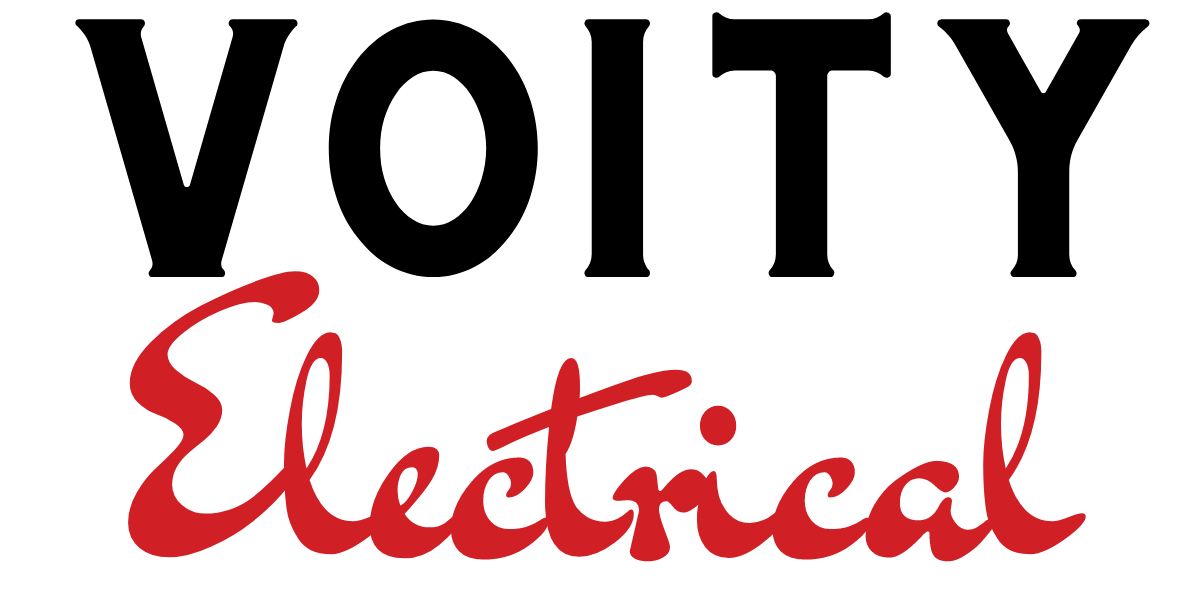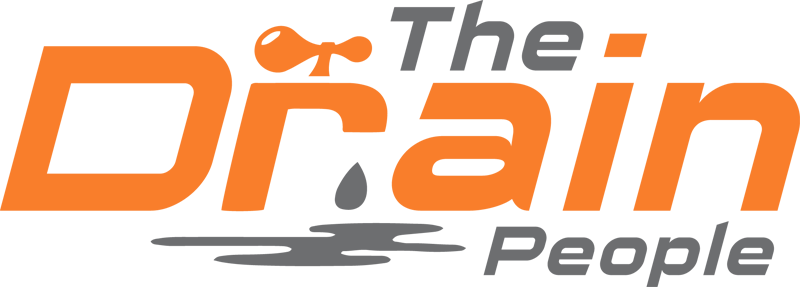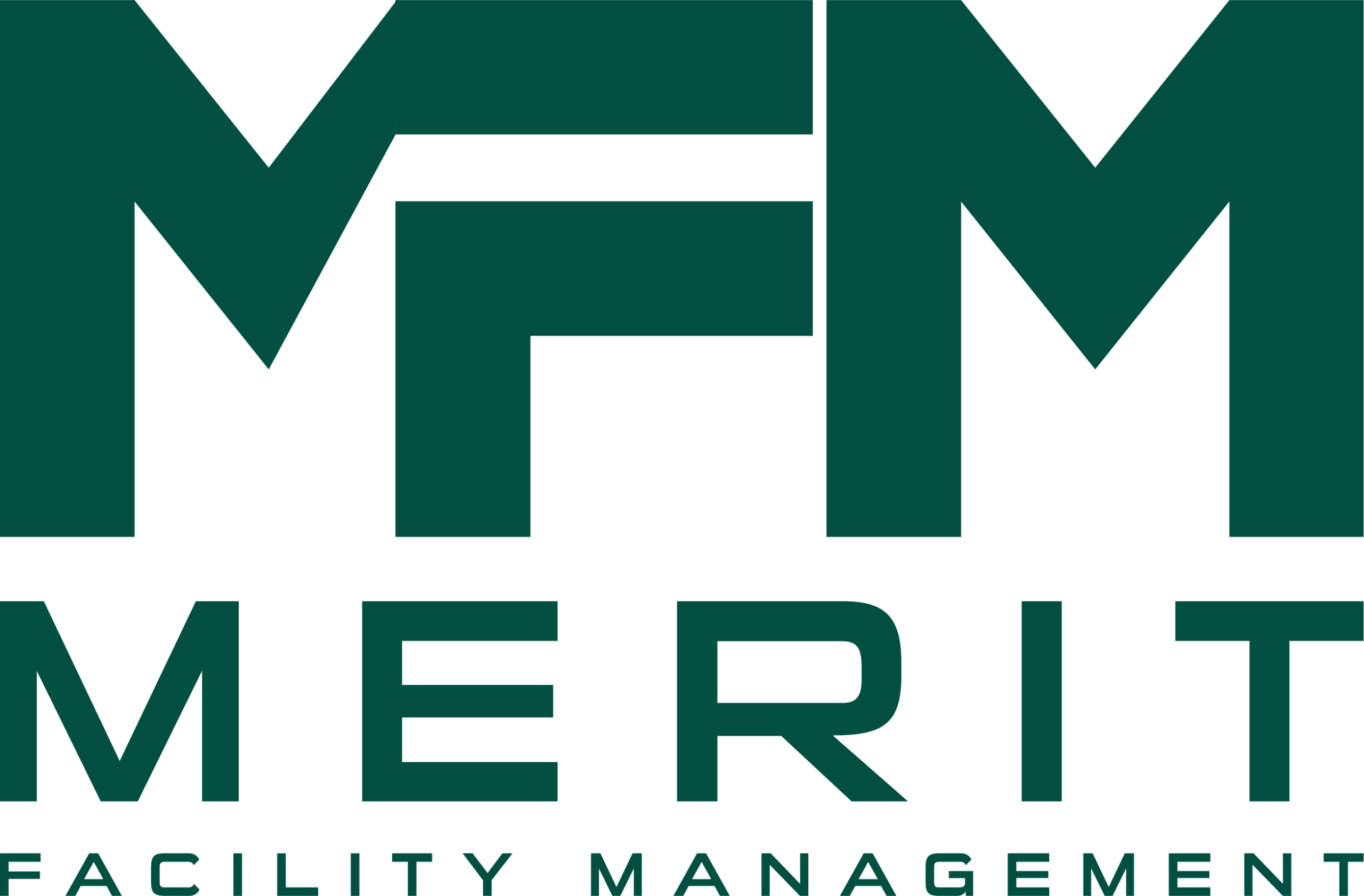Everything You Need To Know Before Implementing An Online Payment Portal
January 7, 2020 | Read: 6 minutes

Customer experience is what makes the difference between a successful fire and security company and a struggling one.
There’s no way around it these days: it’s not only about the quality of your service, it’s about removing friction from the buyer’s journey…
In particular, we’re talking about friction associated with hiring your services. Whether it’s installing an alarm system or conducting safety assessments: if you implement something like an online payment portal, it’s is another big step toward improving your strategy.
It’s only natural to have a few questions before getting started so we’ve asked James Henry, Head of Sales and Partnerships at premier payment company, SumUp, for his thoughts on the matter. Read on to find out more:

1. What are the benefits of an online payment portal?
The easiest benefit to highlight is, of course, the brand value of offering an up-to-date, modern solution, especially if your competition isn’t keeping up with the times (and more so if they are!)
At the end of the day, how can a customer trust your service to be the best if your methods of charging them aren’t? Harvard Business Review already published a study on how America is going cashless so odds are your customers will find it much easier to pay by card. Additionally, it’s you who needs the money. As far as they’re concerned, their issue is taken care of so this is the perfect opportunity to dilly-dally and affect your cash flow.
James Henry also highlighted the benefits he’s seen fire and security businesses reap from using a SumUp terminal for instant payment, and these also apply to online payment portals:
- Ease of reconciliation. Your admin doesn’t have to do any double data entry in order to record the payments in your job management software, then in your accounting software, and then add them to an invoice which has to be printed and posted. All this might not sound like that great of an effort, but multiply it for every client and you’ll see how much time you could be saving. Not to mention reducing the risk of financial errors and making your accountant that much happier.
- Low cost. Oftentimes, managers are apprehensive about payment gateways because of their transaction fees but these hardly come close to the cost of insuring large amounts of cash that you keep around in an office (let alone in a truck).
- Seamless user experience. Customers simply don’t want to have to run to the closest ATM when the tech tells them they only take cash. Don’t even get us started on how checks are a thing of the past and the risks you’re running when dealing with them. An online payment portal charges customers automatically when the job is done, while a portable terminal takes care of even the most obstinate individuals on the spot.
In addition to the benefits James highlighted for mobile terminals, there’s also the option of charging deferred payments with an online payment portal. This means that you don’t run the risk of customers refusing to pay, as you record their card information prior to setting up the appointment. It’s how some fire and security companies charge a deposit for larger operations, for example.
Deferred payments are the wise thing to do when it comes to low-cost jobs too. When you charge the customer in advance, you avoid having to spend hours chasing a $50 invoice.
8 Essential Features for Dynamic Scheduling Software
2. How does an online payment gateway work with my work order management software?
Simple: your work order management software should come with an online payment portal, as well as an integration for a mobile terminal.
The portal will allow payment with just a few clicks, straight from the customer’s email. Customers can then quickly view their bill by simply clicking the link in the email you sent (ideally, this gets sent out automatically when you mark a work order as done), with a breakdown of what they owe you and a choice to pay it straightaway if they haven’t already via your tech’s terminal.
This type of smooth buyer’s journey is what sets you apart as a fire and security business, offering premium service.
Ultimately, the customer won’t really be able to tell the difference between an excellent fire suppression installation and an average one but they’ll definitely remember having to call the bank, get them to send a check-book, and then having to figure out how the postal system works and mail it to you, a process which they’ll decry in detail in his 2-star Google review.
3. Can an online payment portal work with my accounting software?
An effective online payment portal should definitely work with your accounting system. The simplest workflow would be for the portal to inform the accounting package that a payment has been resolved. However, if you already have a well-designed, automated management software, this becomes much easier.
This is especially true if it has an online payment portal feature built in, integrates with both the payment gateway and the accounting software, and can be customized to your needs.
With all that in place, the journey from creating an invoice with invoicing software to resolving a payment is simplified and can take place in the background. Your admin will be spared wasting time, preventing double and triple data entry, while the customer can happily pay whichever way is most convenient for them.
Complete Guide to Increase Productivity in Your Field Service Business
4. But how do I know it’s safe?
Generally speaking, payment online or by card is safer than carrying cash, whether you’re the payer or the payee.
Digital payments are traceable, don’t involve carrying large amounts of paper notes that are easy to spot and easier to steal, and have multiple layers of security that ensure the payments are genuine and haven’t been tampered with.
James Henry went into detail, explaining how SumUp guarantees the safety of its users:
“SumUp collects, stores and processes merchant information in compliance with an extensive Privacy Policy and all relevant data protection legislation. In addition to adhering to official regulations, SumUp is certified as compliant under the Payment Card Industry Data Security Standard (PCI-DSS). This means that we take extra care with the processing of cardholders’ data as well as ensuring that our hardware and software provide optimal security.”
This certification means that a fire and security business using a mobile terminal that’s PCI-DSS compliant can guarantee secure transactions to their customers.
The Takeaway
All in all, an online payment portal can change the way you do business and keep customers returning to your fire and security company.
Click below if you want to know more about self-service software and get started on your journey to a frictionless business operation!

Cristina Maria
I'm here to bring you next-level strategies to the field service industry. When I'm not working on the best tips to grow your business, I'm on the lookout for sci-fi novels and cookie recipes.




